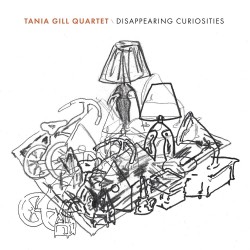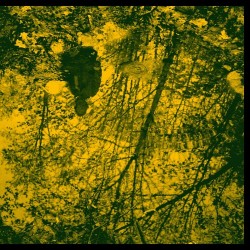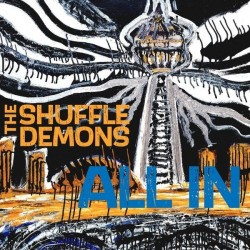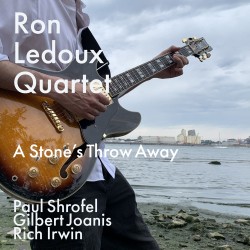Can You Hear Me? - Nick Maclean
 Can You Hear Me?
Can You Hear Me?
Nick Maclean
Browntasaurus Records NCC-1701M (nicholasmaclean.com)
The prodigiously gifted pianist Nick Maclean asks a simple – apparently rhetorical – question with the title of his double-disc: Can You Hear Me? Listeners of this fine recording will get to reply in the affirmative, with loud, enthusiastic whoops for joy – the kind that audiences make wherever fine music – especially jazz – is created.
Maclean is to be roundly applauded because he literally soars in splendid isolation, although he did admittedly get help from the celebrated producer Brownman Ali. Enough help, it turns out, to turn in a brilliant recording, where both standards and original compositions come alive with percussive growls, and daintily eloquent phrases. Some of these are curvy and elegantly sculpted, others are long inventions punched, poked and – eventually – shaped into bravura melodies and harmonies with thumping left-hand triads and chords. The left and right hand conversations are dynamic and full of surprises. You don’t even have to wait long for the energy to begin flowing. This happens right out of the gate – with Herbie Hancock’s Dolphin Dance.
The most outstanding songs of the set are Frank Churchill’s Someday My Prince Will Come, and interestingly, Jimmy Van Heusen’s It Could Happen to You. On the latter (presumably) producer Brownman Ali is heard suggesting an alternate opening which turns the interpretation into a wondrous re-invention. Maclean’s original compositions such as Why the Caged Bird Sings (an interpretation of Maya Angelou’s poem relocated to the pianist’s musical landscape) are exquisitely provocative and radically progressive.








